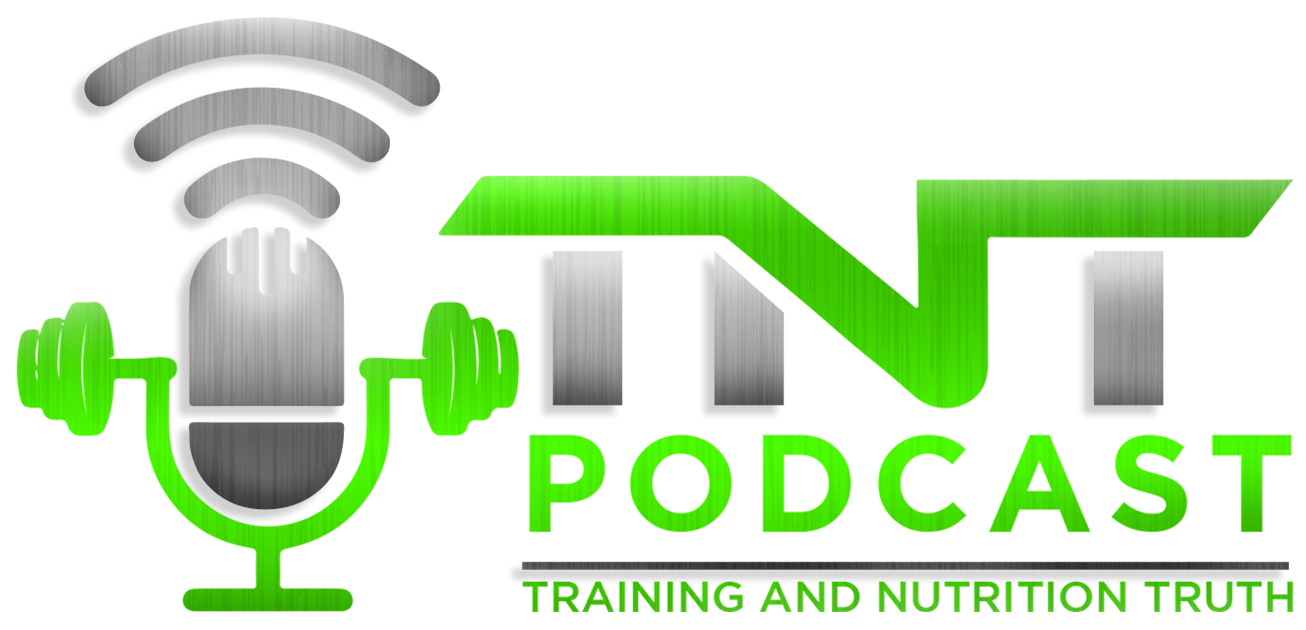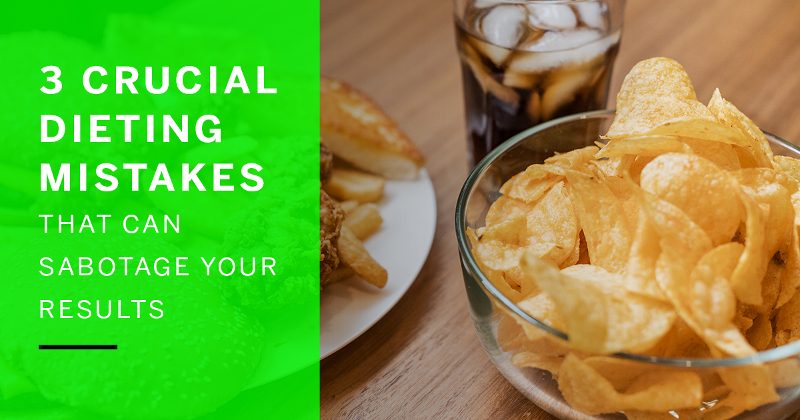3 Crucial Dieting Mistakes That Can Sabotage Your Results
As a diet coach and trainer over the past decade I have seen a lot of things hold people back from achieving the results they want. Everything from cheating on the diet, not pushing hard enough in the gym, or excuse after excuse people will use. These next 3 mistakes I will list are in my opinion the most important mistakes to avoid doing but also mistakes that when addressed can easily be fixed so you can accomplish your physique goals.
1. Dieting without priming metabolism first
This is the biggest mistake I see people make when trying to lose body fat, period. To be able to lose fat the metabolism has to be in a good place to support extended fat loss. Let’s face it, fat loss is never an overnight thing it takes time, and to get from the beginning to end the metabolism dictates fat loss rate and also how much will be lost over the course of the diet. This is such an important topic and mistake to avoid that I wrote a whole book on the topic titled Metabolic Capacity and Reverse Dietingto help people understand the importance of how fat loss works and fat gain happens.
A great analogy to make is comparing metabolism to gas in a gas tank. Say you want to drive across the state of Missouri from Joplin to St Louis. To get there you will need to make sure you have enough gas in your gas tank or you will run out of gas and never get there. Metabolism is your gas in the tank, if you start off trying to diet with a slow metabolism it will stall out and fat loss will come to an abrupt halt.
Some of the reason’s metabolism might be slow are connected to calories being low, or even just coming off a dieting period recently. A lot of people are eating very low calories and they expect to start a deficit from those low calories, but they don’t have a lot of room to work with to create a deficit in calories that is needed for fat loss. If a female weighing 250 lbs is only eating 1300 calories and wants to try and lose 50 lbs she is most likely not going to make it very far due to her metabolism being used to 1300 calories and not having much room to create a deficit.
The right way to approach any diet is to work on getting calories UP before starting to diet. This will prime metabolic rate so it’s higher than it would be on low calories, and also gives the dieter room to create calorie deficits. That 250 lb female might work on getting calories up to 2000 a day THEN start a diet by dropping 200 calories and working fat off for a period of time until the body becomes used to those 1800 calories. This leaves room to drop another 100-200 calories to break that plateau. If she starts at 1300 calories she will eventually end up well under 1000 calories a day, not a healthy place to be in that wreaks havoc on hormone levels and sets the body up for a massive rebound in fat gain.
2. Not counting macros/calories
I have a lot of people that hire me to get them in the best shape of their lives who just can’t seem to get results and one of the first things I usually have to do is have them start counting their calories. Most report to me they are “eating clean” but when it comes to fat loss, or even muscle gain, it’s not so much about eating healthy as it is knowing how much you are eating.
Knowing total calories for the day isn’t the most important for serious gym goers, knowing the macronutrients (protein carbs and fats) that make up those calories IS. Protein yields 4 calories per gram that is ingested, carbs are also 4 calories per gram and fats are 9 calories per gram of fat eaten. So if a person is eating 200 grams of protein a day, that’s 800 calories. 300 carbs a day would be 1200 calories, and 50 fats would be 450 calories. Add that up and you have 2450 calories. If someone was just aimlessly eating 2450 calories they may end up low on protein, or too high on carbs or fats, etc etc.
By knowing the amount of each macronutrient taken in daily it’s easier to make adjustments to break plateaus, keep fat loss going, adjust up for muscle gain, etc. I like to give the example of going on vacation- if you are going to drive to Florida for vacation you wouldn’t get in the car and aimlessly drive trying to find Florida, you would have a mapping system and know every exit and stop along the way. Just “eating clean” is the exact same thing, eating aimlessly without knowing how much you are taking in. You could be eating too much, or too little.
3. Not weighing and measuring your food
A lot of people like to eyeball their food and not worry about weighing or measuring it out. I can assure you that this is a sure fire way to have no idea what to do when you are stalled out and need to make an adjustment to keep progress going. I am a big fan of measuring out foods on a food scale using grams, but I am not opposed to clients using cups and spoons if they are just learning and getting familiar with measuring food. Grams will be much more accurate, however, as long as you are using a system and sticking with it and knowing how many protein, carbs, and fats you are getting when you measure you food out that is fine.
Most people worry they are eating too much when they eyeball food, but in my experience I notice people actually under-eat when they eyeball food, especially protein levels. It takes a bit of work, but if you are serious about getting your physique goals accomplished weighing and measuring food will get you there faster than just guessing.
– John Gorman, MA, CPT, is a well-respected contest prep coach/nutritionist and the owner of Team Gorman LLC. John is also a published author, public speaker, co-owner of The Physique Summit Conference, and proud member of the 1st Phorm Phamily. His work centers on helping athletes achieve their maximum potential in various sports such as bodybuilding, powerlifting, crossfit, along with high school and college level athletics. You can follow him on Instagram @team_gorman , on Periscope @teamgorman , or facebook.com/teamgorman .

